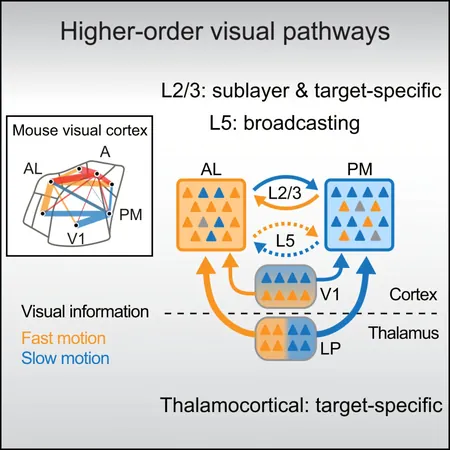
How a Healthy Diet Might Slow Prostate Cancer Growth — New Insights from Recent Research
2024-12-17
Author: Yu
In a groundbreaking study published in JAMA Oncology, researchers have discovered that a healthy diet may play a crucial role in controlling the growth of prostate cancer. The study involved 886 men with an average age of 66, all diagnosed with low-grade, slow-growing prostate cancer. Instead of pursuing immediate treatment, these men participated in active surveillance, which involves closely monitoring their condition for any changes.
The participants completed food questionnaires that contributed to their Healthy Eating Index (HEI) scores, which range from zero to 100. This score evaluates the quality of a person's diet based on the Dietary Guidelines for Americans. It emphasizes the importance of consuming a balanced variety of foods across several groups, including grains, vegetables, fruits, dairy, and proteins, while also advising on reducing intake of unhealthy fats, cholesterol, and sodium.
The findings suggest a direct relationship between higher HEI scores and the potential to slow down cancer progression, implying that adopting a healthier diet may not only support overall well-being but could also be a strategic factor in managing prostate cancer.
In addition to diet, it's important for those diagnosed with prostate cancer to consider other lifestyle factors that contribute to physical and mental health, including regular physical activity, maintaining a healthy weight, and managing stress.
This study adds to the growing body of evidence supporting the idea that what we eat can have a significant impact on our health, particularly concerning chronic diseases like cancer. With diet being a manageable variable, patients may find empowerment in making dietary changes as part of their overall treatment approach.
For those navigating their health journeys or looking for ways to support prostate health, consulting with a healthcare professional or a dietitian could provide personalized guidance tailored to individual needs. As research advances, strategies for managing prostate cancer continue to evolve, highlighting the importance of lifestyle choices in disease management.
Stay informed with the latest developments in health and nutrition, especially for proactive strategies in maintaining health and well-being!





 Brasil (PT)
Brasil (PT)
 Canada (EN)
Canada (EN)
 Chile (ES)
Chile (ES)
 España (ES)
España (ES)
 France (FR)
France (FR)
 Hong Kong (EN)
Hong Kong (EN)
 Italia (IT)
Italia (IT)
 日本 (JA)
日本 (JA)
 Magyarország (HU)
Magyarország (HU)
 Norge (NO)
Norge (NO)
 Polska (PL)
Polska (PL)
 Schweiz (DE)
Schweiz (DE)
 Singapore (EN)
Singapore (EN)
 Sverige (SV)
Sverige (SV)
 Suomi (FI)
Suomi (FI)
 Türkiye (TR)
Türkiye (TR)